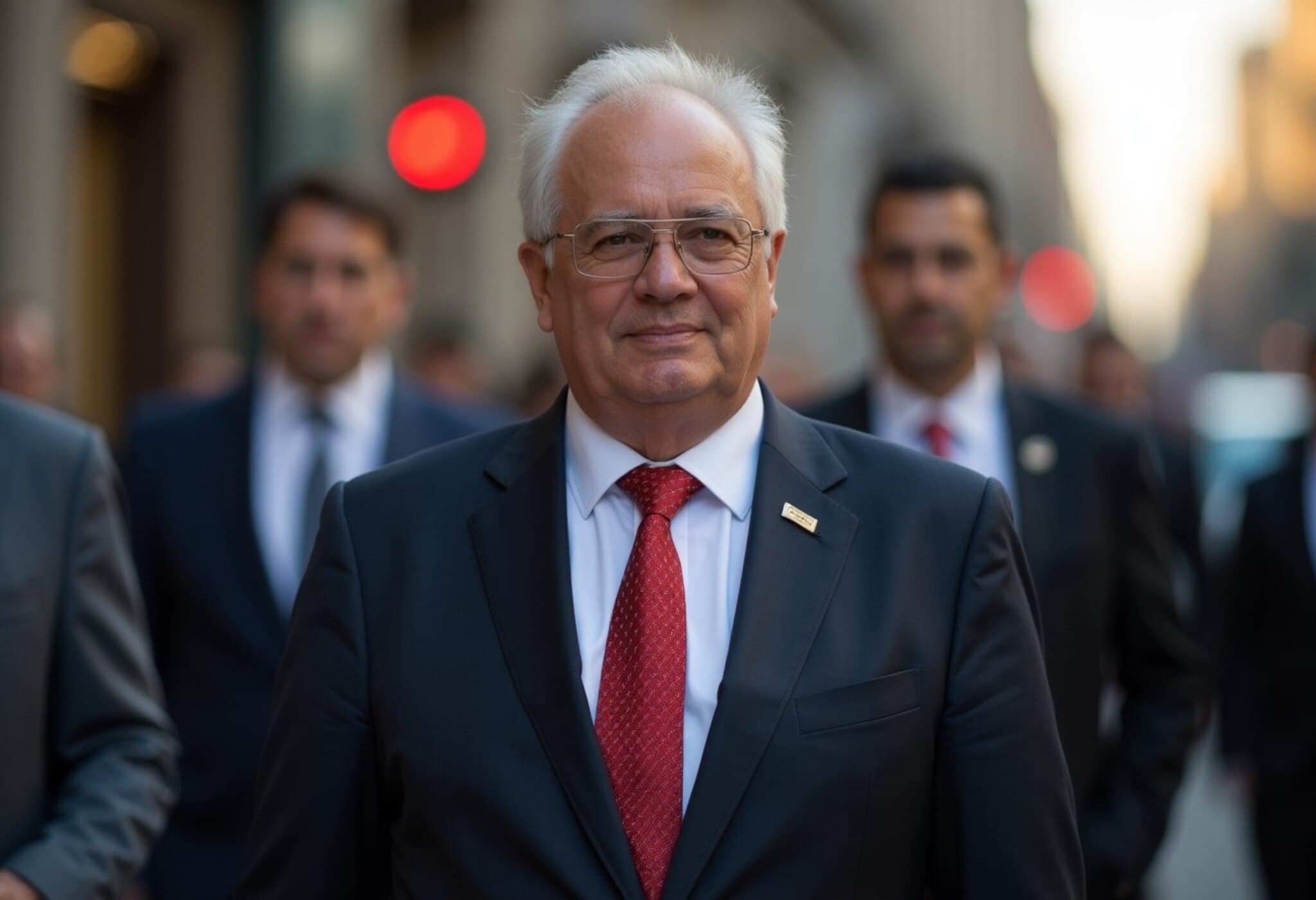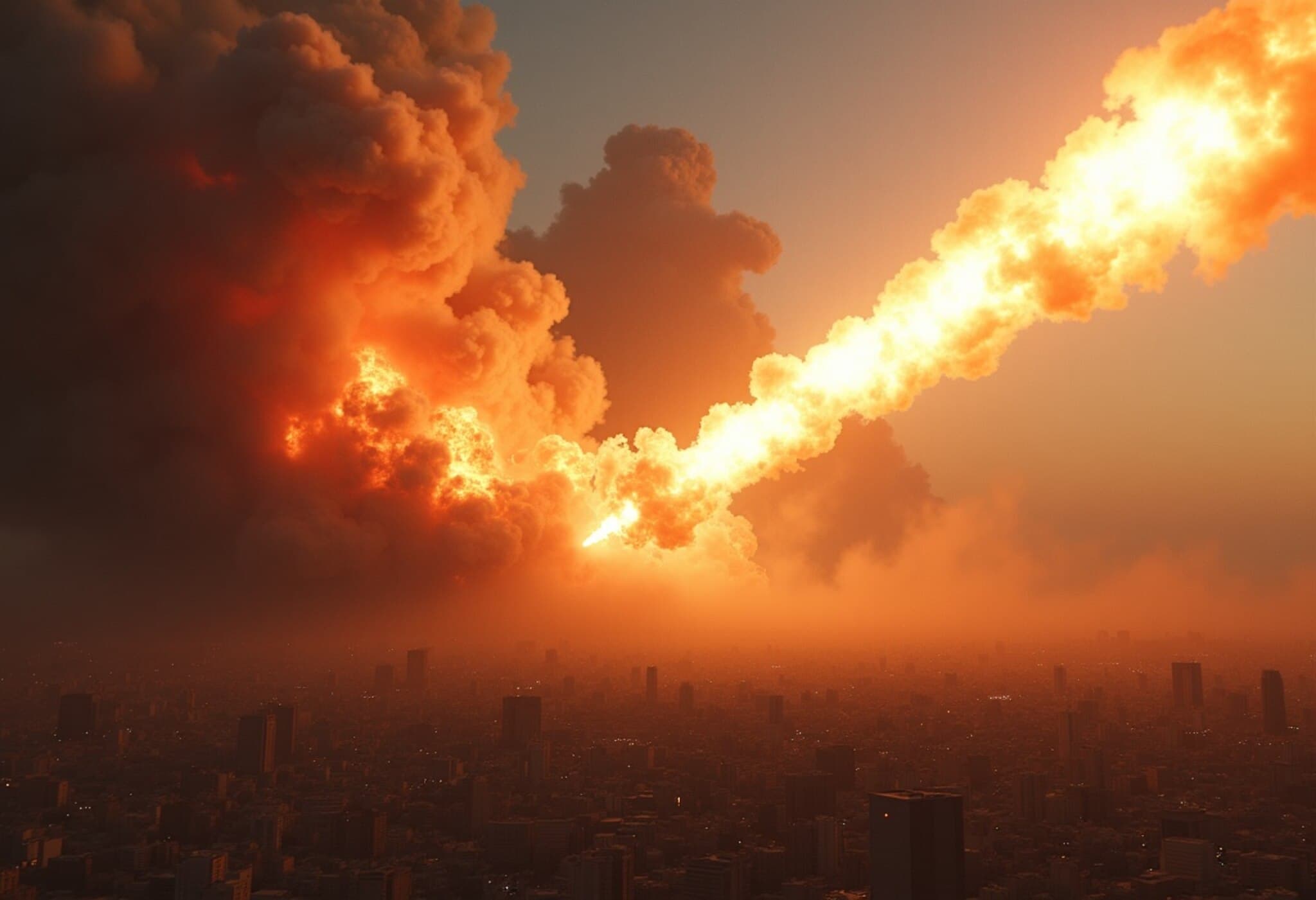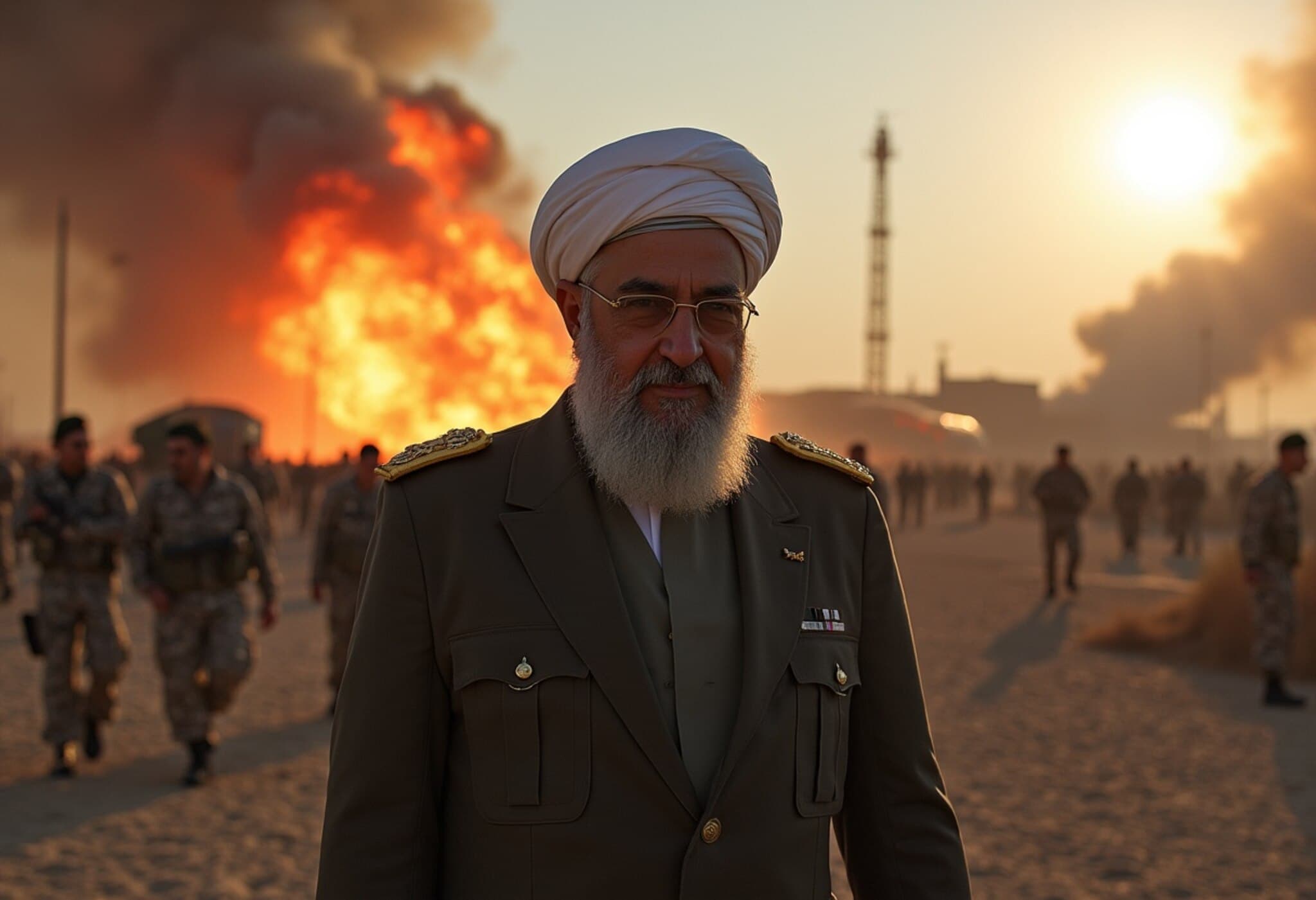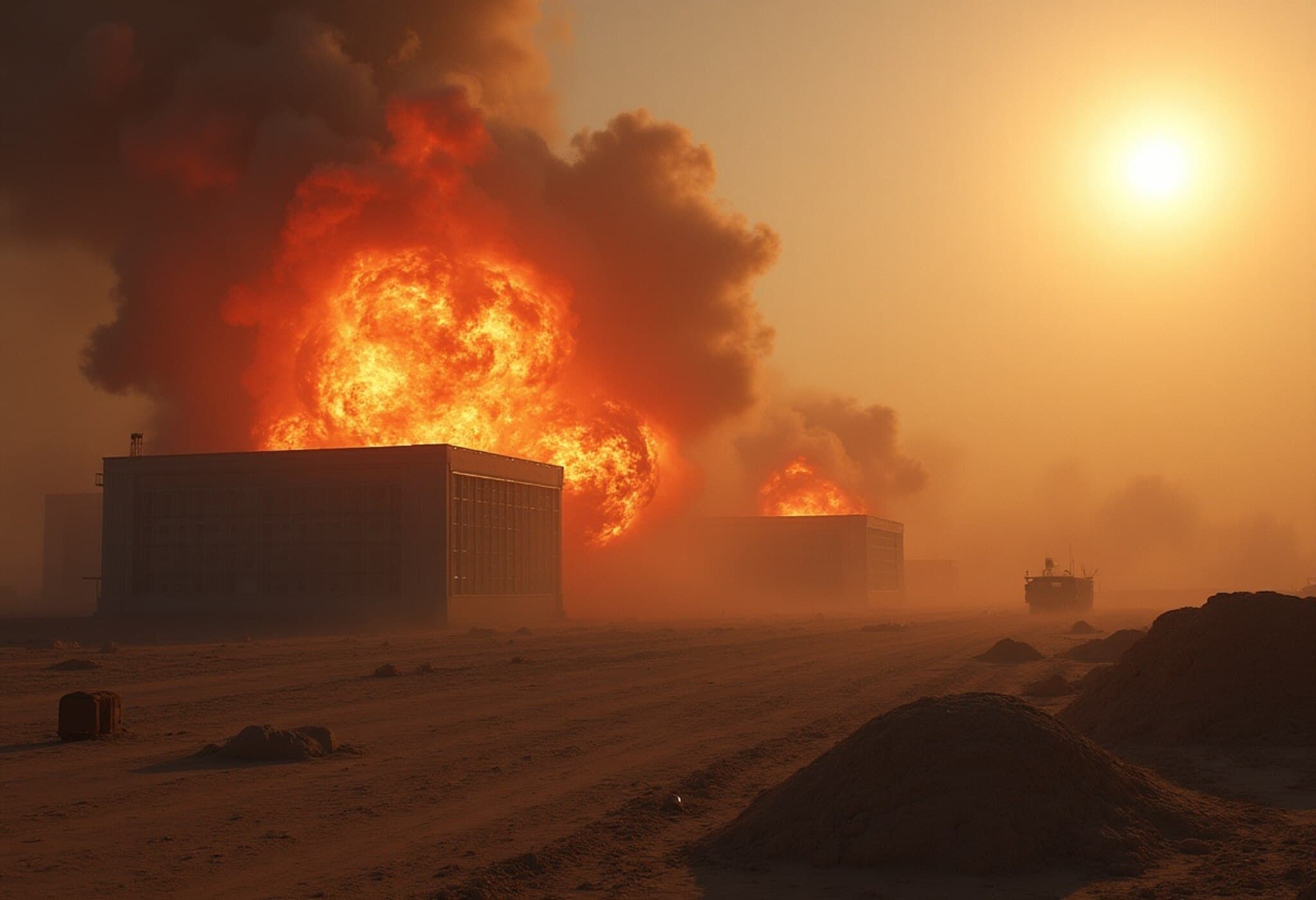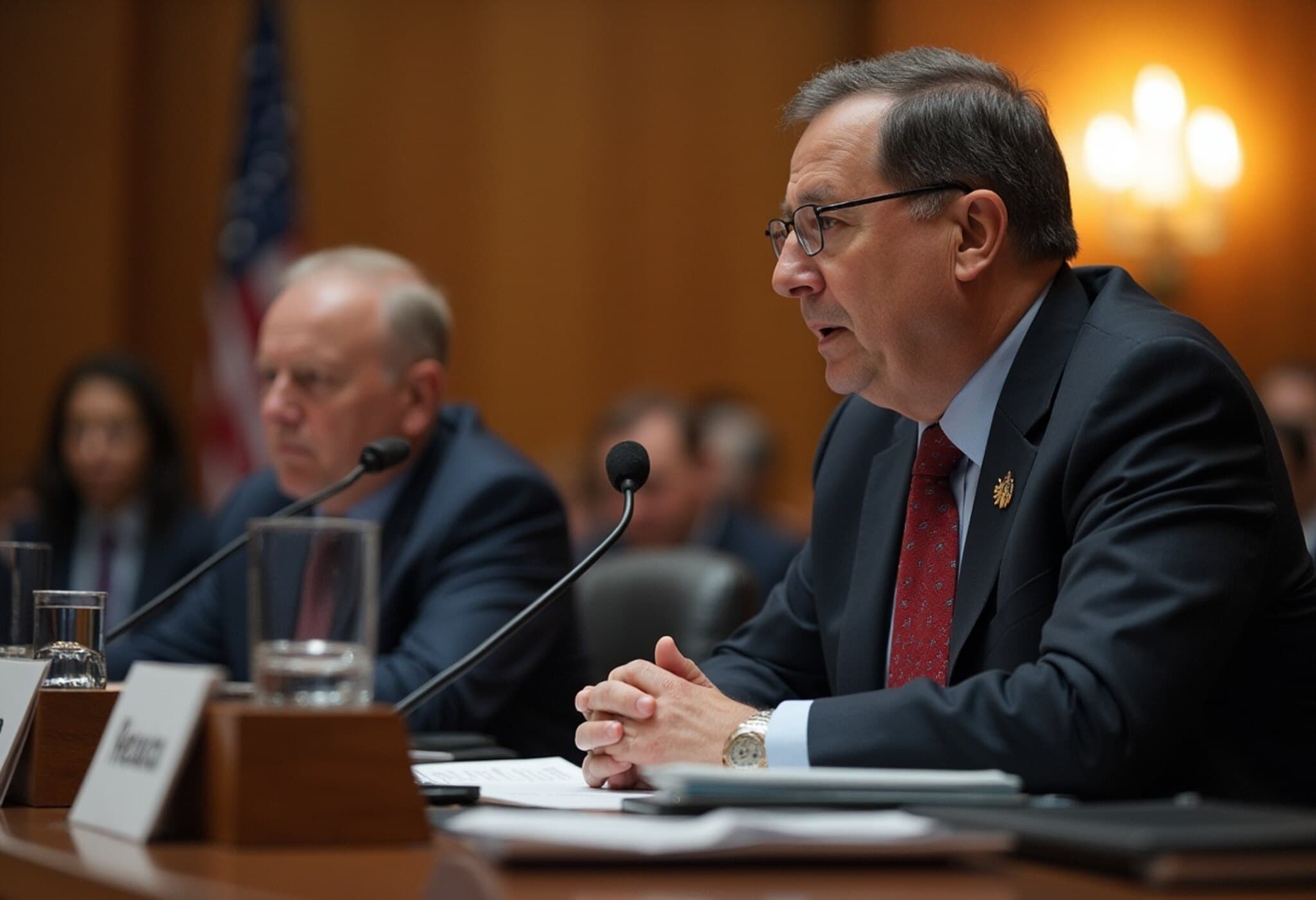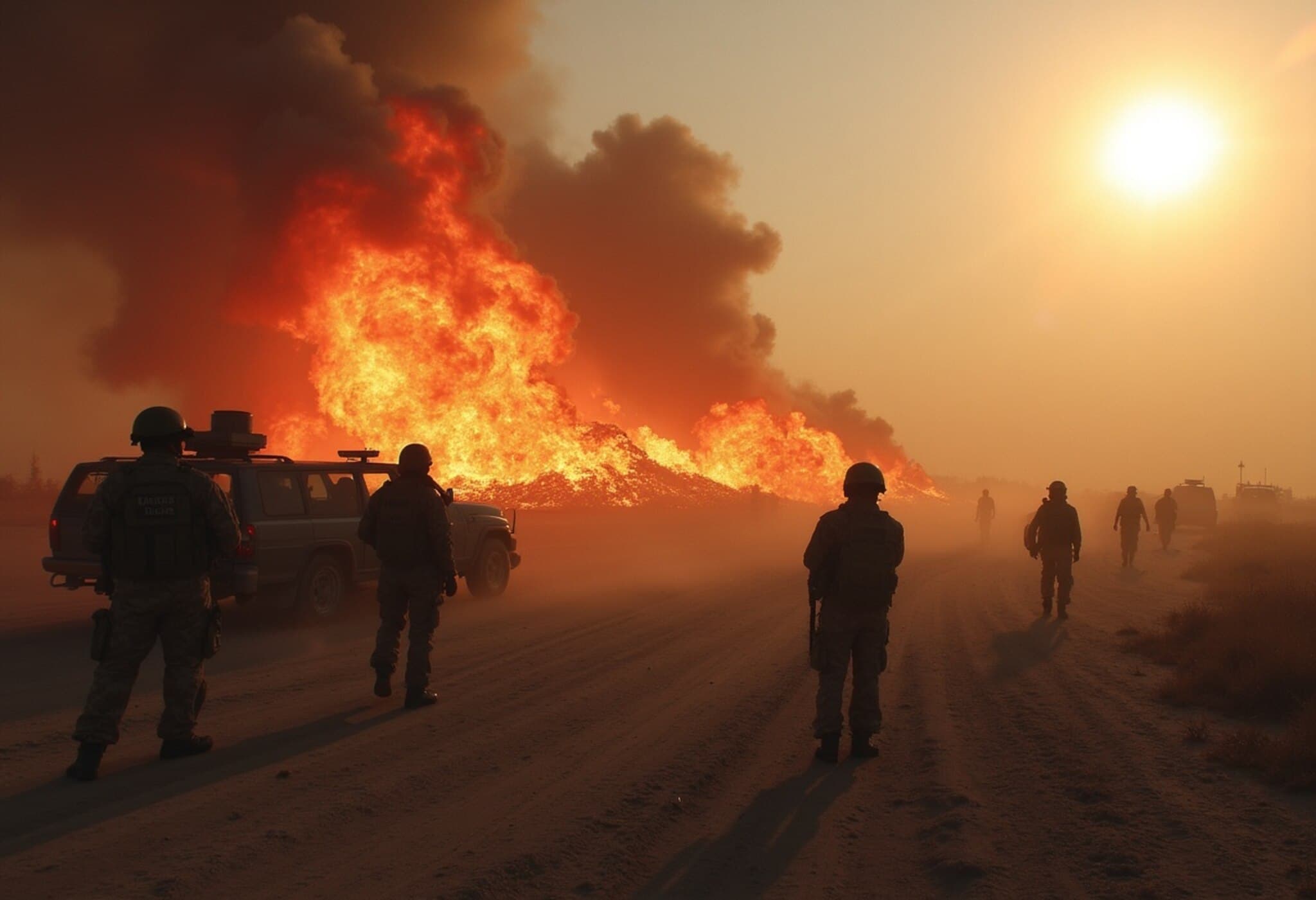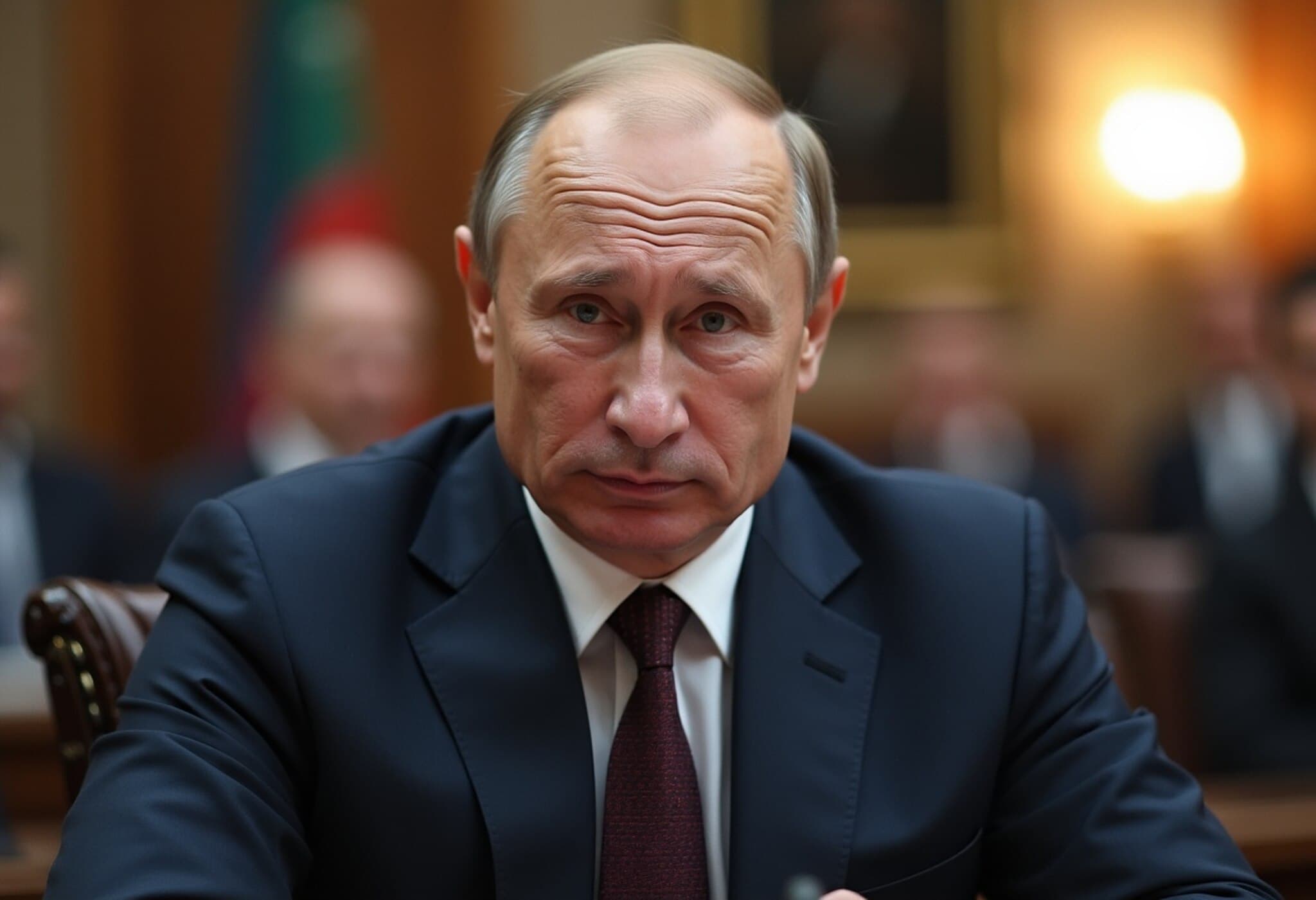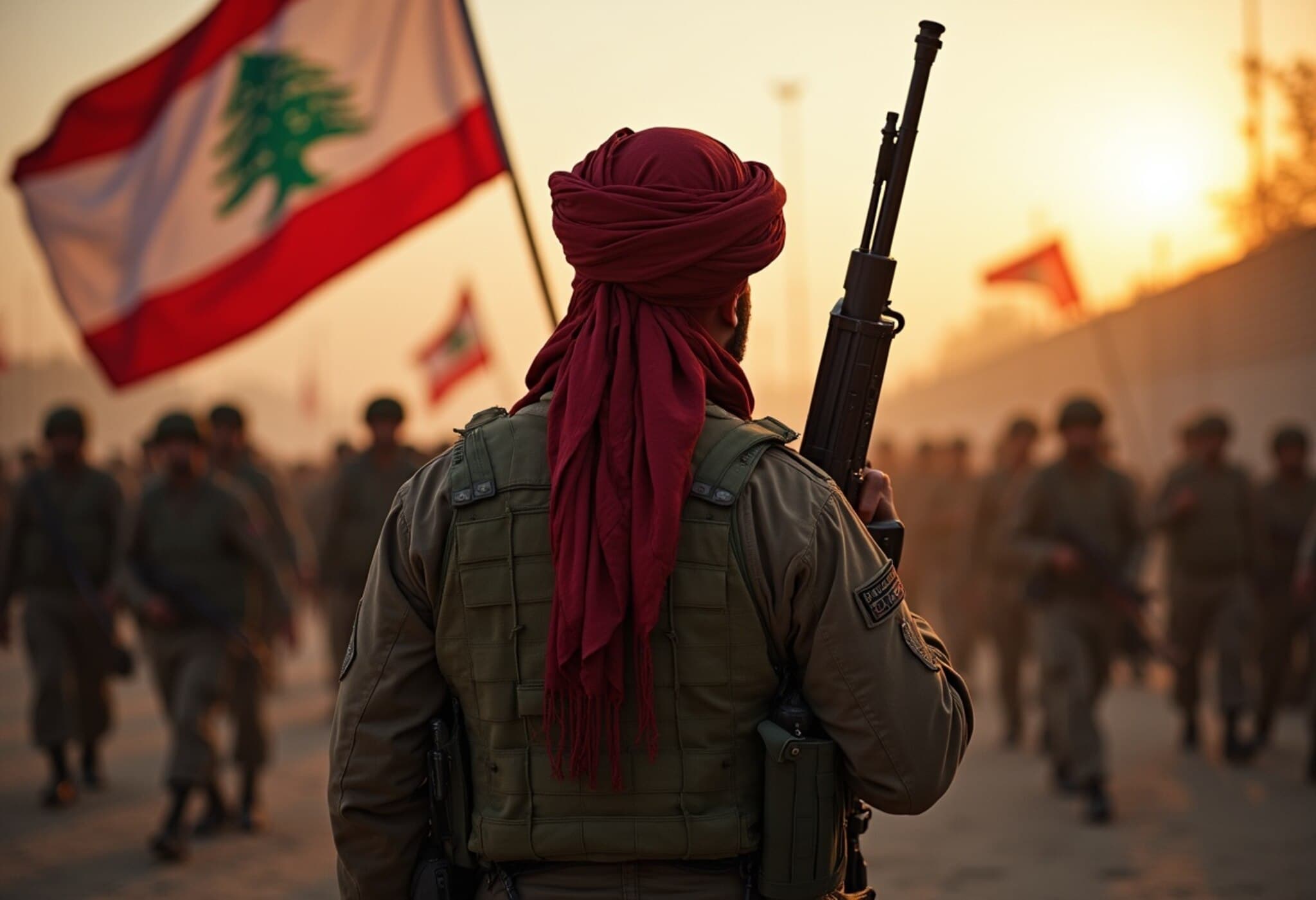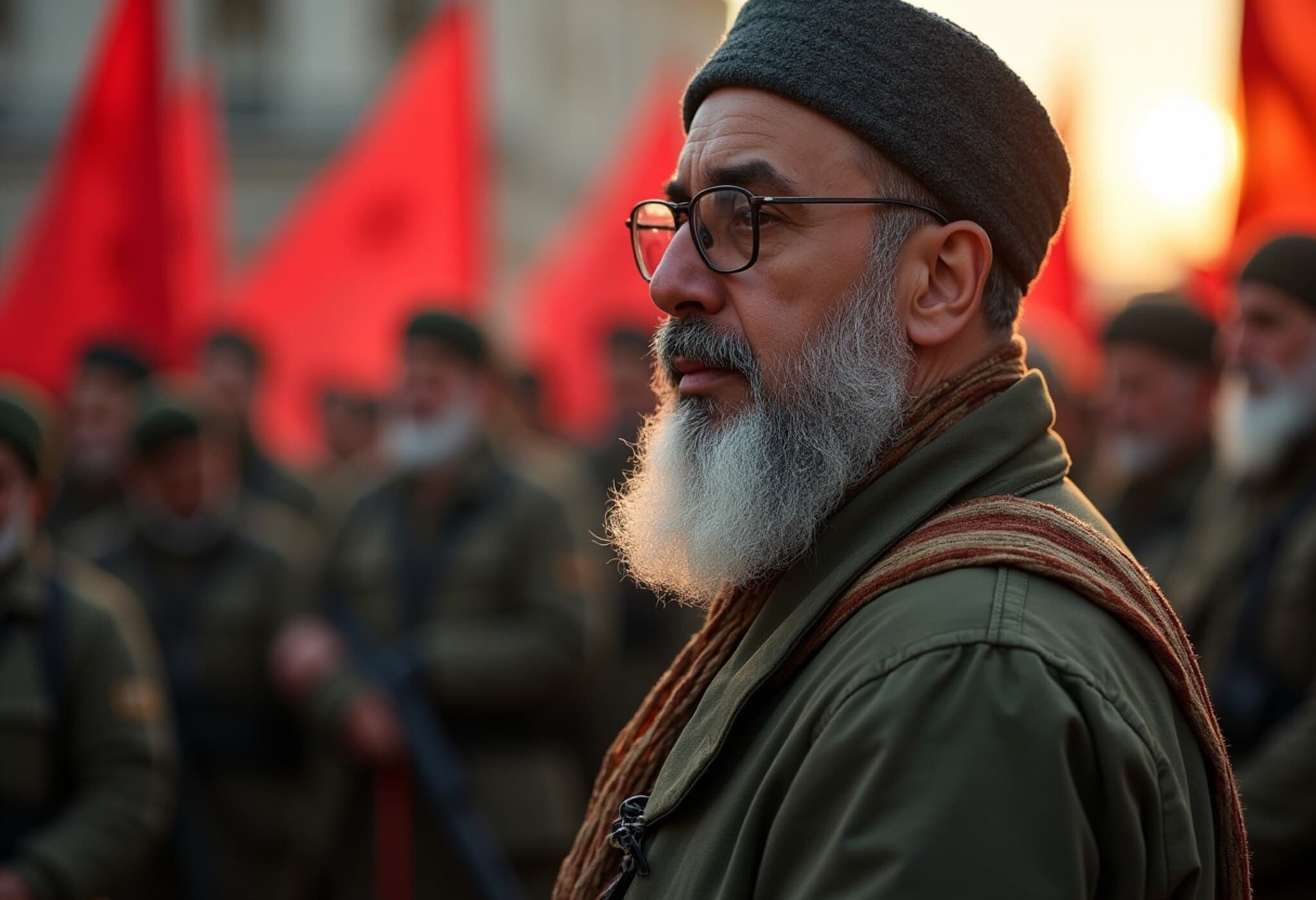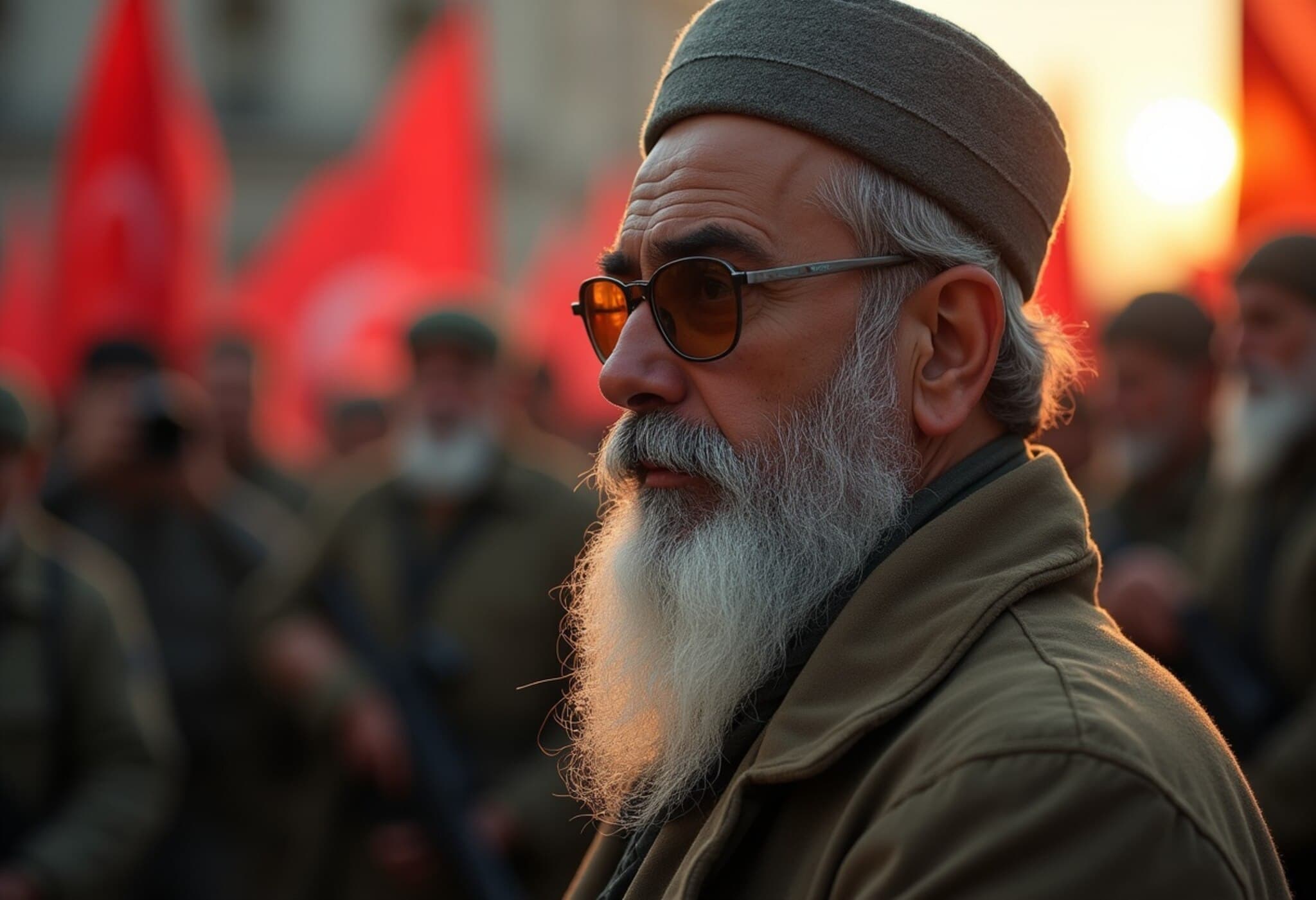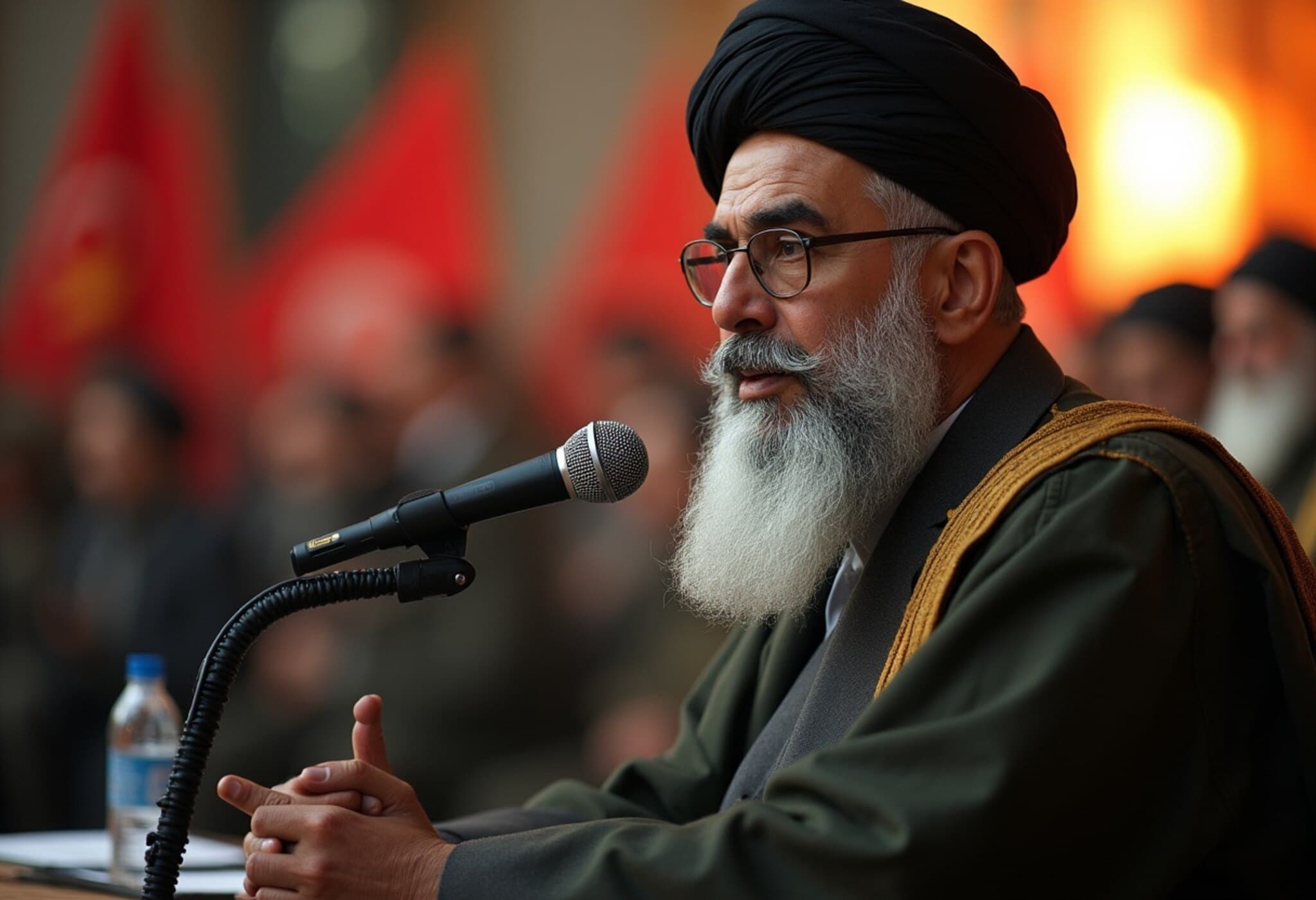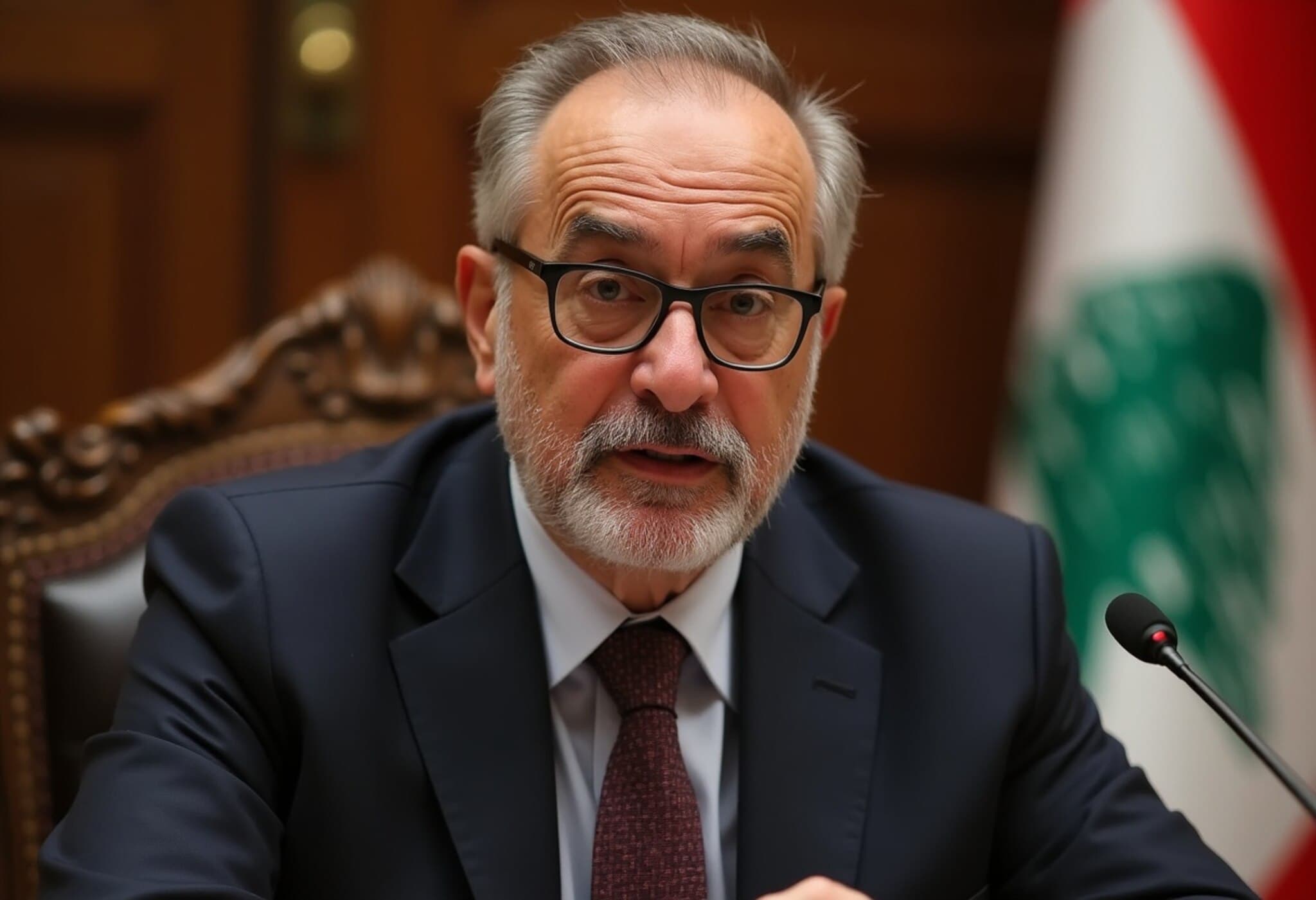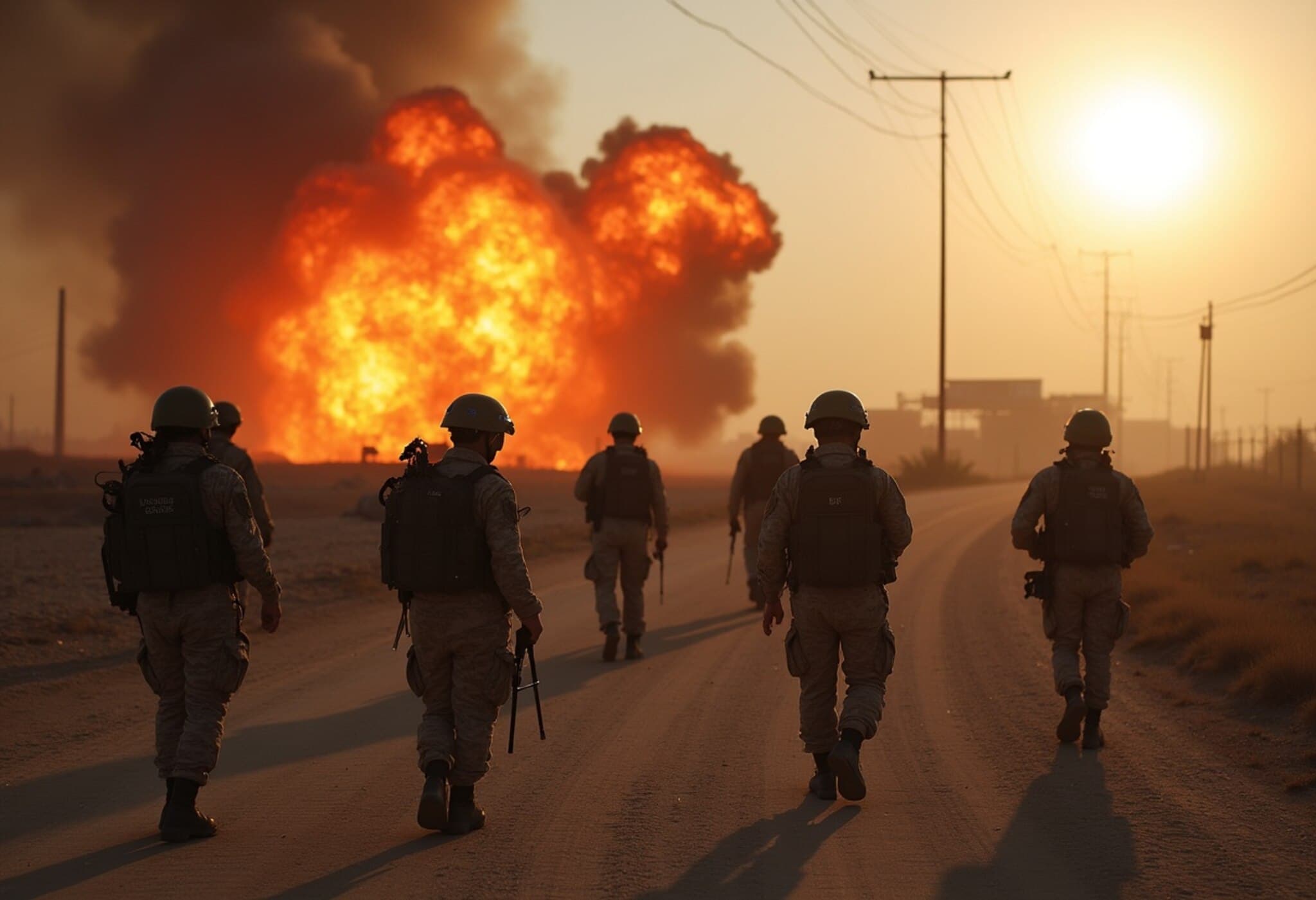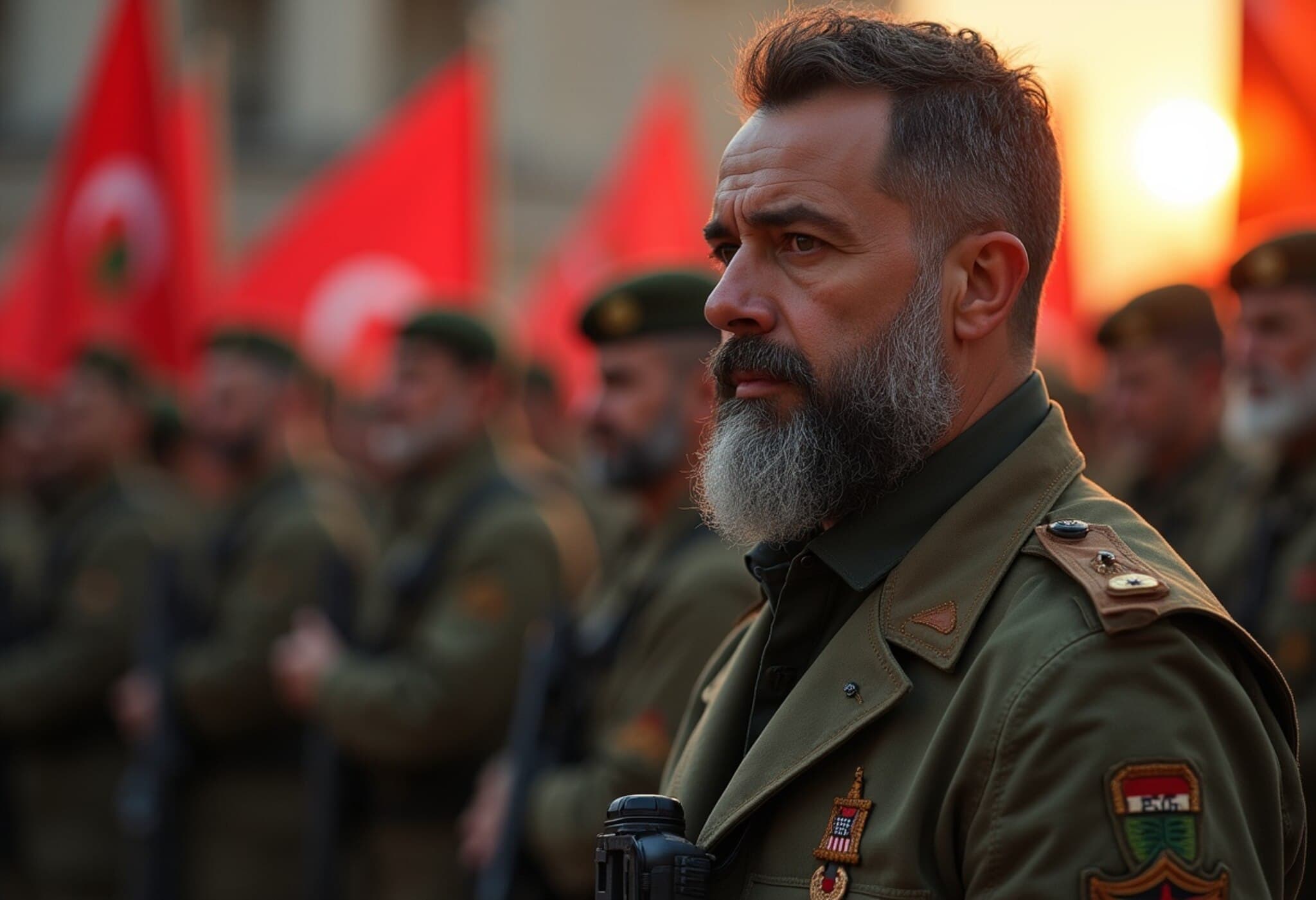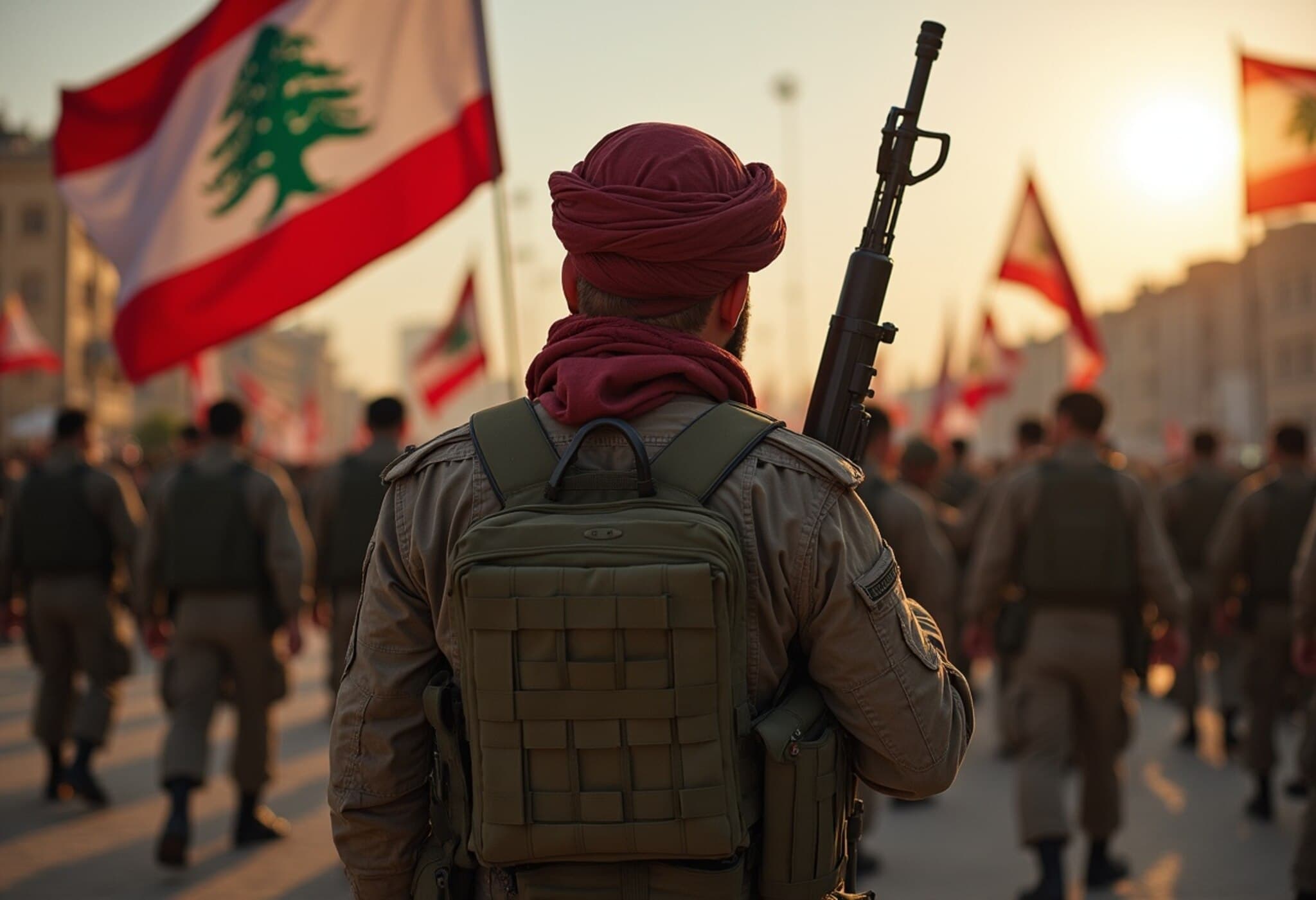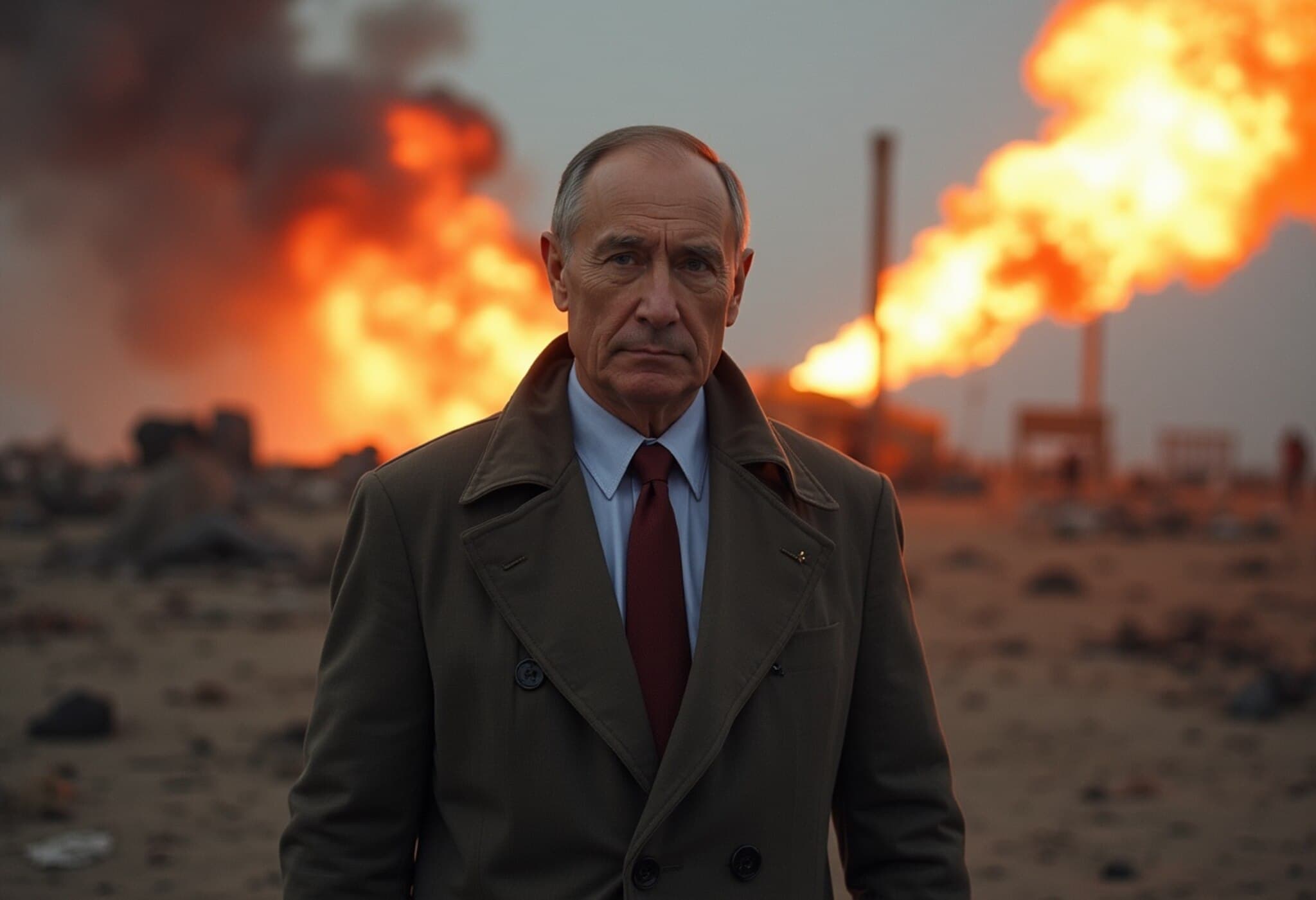US Envoy Cautions Hezbollah on Iran-Israel War Involvement
As tensions continue to escalate between Iran and Israel, a leading US diplomat has issued a stark warning to Hezbollah against entering the conflict. Thomas Barrack, the US special envoy to Syria and ambassador to Turkey, described any Hezbollah involvement as a "very bad decision." His remarks came during a visit to Beirut where he held talks with senior Lebanese officials amid rising regional hostilities.
Diplomatic Efforts Amid Rising Strikes
Barrack met Lebanon’s Parliament Speaker, Nabih Berri—who maintains close ties with Hezbollah—seeking to convey the US position clearly. When questioned about the potential fallout if Hezbollah joined the Iran-Israel confrontation, Barrack stated emphatically that it would have serious negative consequences. His comments reflect Washington’s continued push for Lebanon to disarm Hezbollah as part of stabilizing the region.
Hezbollah’s Position: Support Without Direct Engagement
While Hezbollah has condemned Israel's airstrikes on Iranian targets and expressed unwavering solidarity with Tehran, the group has not pledged to actively engage militarily. On the same day, Hezbollah warned that any threats against Iran’s Supreme Leader Ayatollah Ali Khamenei could trigger "dire consequences," yet stopped short of threatening direct attacks on Israel.
Hezbollah’s restrained stance likely stems from its weakened state after last year’s conflict with Israel, which severely depleted its leadership and fighters, and damaged key positions in southern Lebanon and areas near Beirut.
Continuing Pressure on Lebanon to Control Arms
The ceasefire that ended last year’s fighting includes provisions requiring the Lebanese government to prevent any weapons outside state control. Barrack also met Lebanon President Joseph Aoun to underline the importance of the government maintaining a strict monopoly on arms distribution, a cornerstone of regional peace efforts.
About Thomas Barrack
Thomas Barrack, a seasoned private equity executive and longtime advisor to former US President Donald Trump, chairs Trump’s 2016 inaugural committee. His current diplomatic role includes ambassadorial duties in Turkey and his recent appointment as the special envoy to Syria as of late May.

